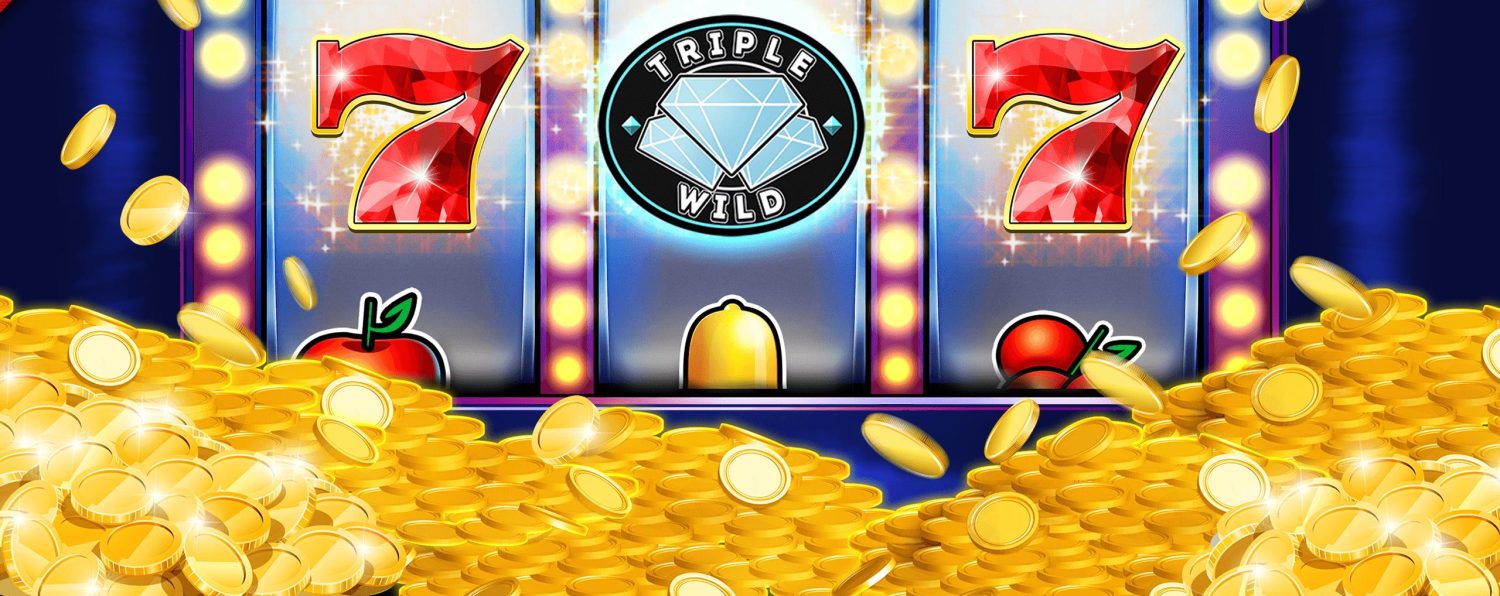
The state enterprise in Thailand, which is in charge of the distribution of electrical energy to Myanmar towns, cut the power off to two towns near the border.
A step towards security:
The Thai officials did that on purpose since the towns of Shwe Kokko and Lay Kay Kaw are involved in major crime operations. These two towns feature many complexes used for gambling and entertainment. And that wouldn’t be a problem if it wasn’t uncovered that the Chinese investors, who were in charge of these complexes, didn’t use them to scam a large number of people.
The complexes had been offering jobs to foreigners, and when they accepted it, they had been forced into virtual captivity. Their job was to scam people, offering them various shady online offers as call center workers. Also, the developers were accused of being involved in various drug and human trafficking activities.
Montsak Kaew-orn, a police chief in Mae Sot district, said that the power in Myawaddy township, which belongs to the Kayin state, was cut off by Thailand’s Provincial Electricity Authority on Monday at midnight. However, it didn’t affect the complexes since they own their own generators.
Anupong Paochinda, the Interior Minister, said that the reason behind cutting off lies in the fact that Myanmar’s government didn’t want to extend the supply contract with the Thai government. The autonomous development zones where the complexes are located are controlled by the investors and Border Guard Force, the special militia owned by the Karen ethnic minority.
Fractions and lawlessness:
The state government couldn’t utilize its authority in the region, and it became fertile land for various criminal activities, especially drug trafficking. The lawlessness is very visible in the region since groups such as Karen require political autonomy, but at the same time, other fractions want to cooperate with numerous criminal gangs. The main reason why the government didn’t react so far is the fact that the militia was on its side, and they still succeeded in keeping the conflict at bay.
The power in Shwe Kokko was out in the whole town for about 30 seconds. It was restored in all of the main buildings, but the complexes and other buildings in the outer parts of the town remained without electricity. However, KK Park, one of the casino complexes, didn’t react to that.
On the other hand, Montsak said that the Karen Border Guard Force keeps negotiating with the government, hoping that the contract will be renewed and the citizens will get the power again. He commented: “If the negotiation is not fruitful, we might start to see some impact in one or two weeks.”
As it’s claimed in the report, the Myanmar government wanted Thai officials to cut off the electricity. However, Myanmar officials want to meet with them to discuss the potential impact of the recent actions since it might lead to increased illegal entry in the country and to disruption of cross-border business, which is beneficial for both sides.
The legal status of online casinos in India is complex and varies by state. While there is no federal law that explicitly addresses online gambling, the legality depends on state regulations and the type of gambling involved.
Key Points:
-
No National Law: India does not have a specific national law regulating online casinos. However, the Public Gambling Act of 1867 prohibits operating physical casinos and gambling houses, but it doesn't cover online platforms, leaving a legal grey area for online gambling.
-
State-Specific Laws: Some Indian states, like Goa, Sikkim, and Daman, have legalized land-based casinos, and others, such as Sikkim, have also licensed online gambling. Many states have banned gambling altogether, including online gambling.
-
Online Sports Betting: Betting on sports, particularly cricket, is very popular in India. However, it's only explicitly legal in some states like Sikkim and Nagaland, which have laws permitting online gaming and betting.
-
Legal Gray Area: Many international online casinos accept Indian players and operate legally under licenses from offshore jurisdictions (like Curacao or the UK Gambling Commission). As long as players are gambling on licensed platforms, the risk is minimal, but local authorities may still choose to regulate or restrict online gambling.
-
Cryptocurrency: Some Indian players prefer using cryptocurrencies (like Bitcoin) for online gambling, as it provides a layer of anonymity and security.
While online casinos aren't explicitly legal across all of India, many international casinos accept Indian players, and online gambling continues to grow in popularity. Players should ensure they use licensed platforms and understand local laws before engaging in online gaming.






Leave a Reply
You must be logged in to post a comment.